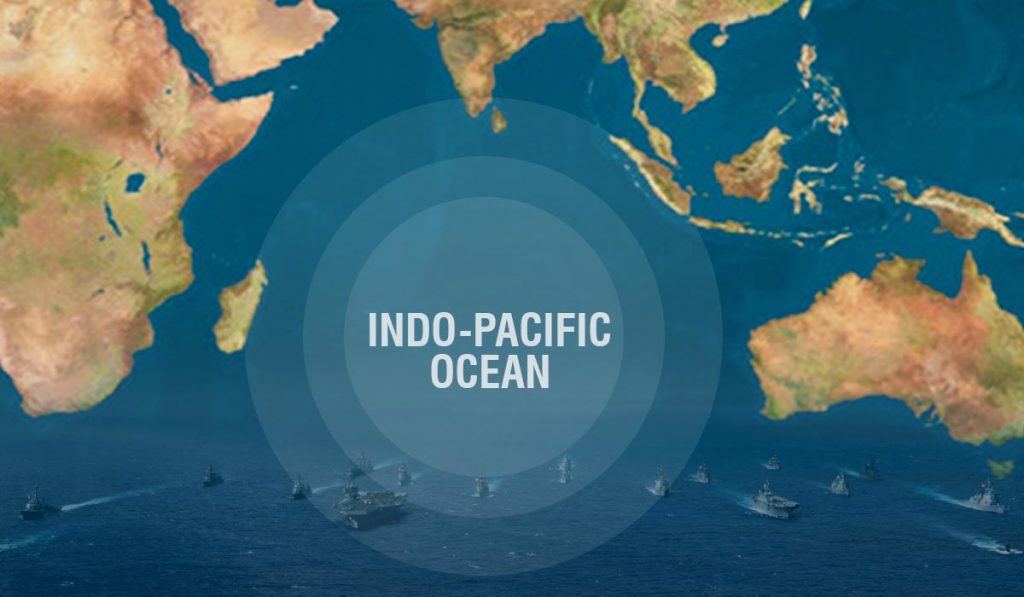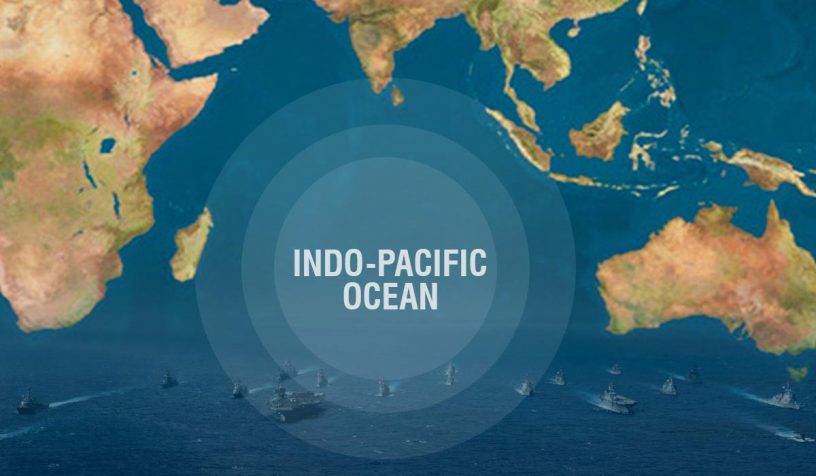
This article examines how the Indo-Pacific Ocean Initiative by India could help improve regional maritime governance by leveraging extant institutions.
Author
Shishir Upadhyaya, Associate Professor, Jindal School of International Affairs, Sonipat, Haryana, India.
Summary
The idea of an Indo-Pacific region as a ‘supra region’ encompassing two ocean bodies is nascent. The region comprises multiple diverse and disparate sub-regions and thus lacks geopolitical coherence and a common framework.
However, maritime connectivity is a common thread that binds the region and the proposal for an Indo-Pacific Ocean Initiative by India seeks to improve regional maritime governance by focusing on the common regional challenges. This article examines how this could be done by leveraging extant institutions.
Since the announcement of the initiative by Prime Minister Narendra Modi in November 2019, Australia, Japan and several ASEAN member states have shown willingness to work with India (MEA 2020). Evidently, Australia and Japan have agreed to lead on maritime ecology and connectivity respectively, and India has expressed willingness to take the lead in Disaster Risk Reduction and Maritime Security.
The author says that without the creation of pan Indo-Pacific regional institutions that address common challenges, the very idea of an Indo-Pacific region could be difficult to sustain in the long term. But the merger of the extant organizations aimed at improving maritime governance in the Indian and Pacific Oceans, to create new and expanded institutions to deal with common regional issues could help to develop a cohesive framework upon which a comprehensive security regime could be built in time to come, concluded the author.
Published in: Australian Journal of Maritime & Ocean Affairs
To read the full article, please click here


